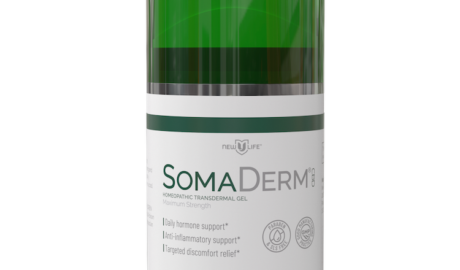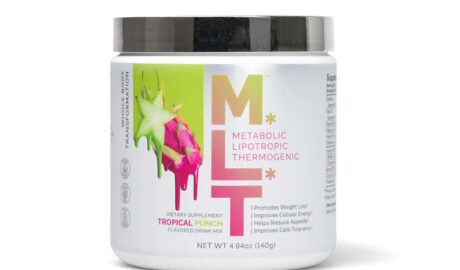In this article
- GEHC
Follow your favorite stocksCREATE FREE ACCOUNTCheng Xin | Getty Images
GE HealthCare reported better-than-expected first-quarter results on Wednesday, but the company slashed its annual forecast to account for the impact of President Donald Trump’s far-reaching “reciprocal” tariff policy.
Shares of GE HealthCare were up 3% on Wednesday.
Here’s how the company did:
- Earnings per share: $1.01 adjusted vs. 91 cents expected by LSEG.
- Revenue: $4.78 billion vs. $4.66 billion expected by LSEG.
Revenue increased 3% year over year from $4.65 billion. GE HealthCare reported net income of $564 million, or $1.23 per share, up from $374 million, or 81 cents per share, during the same period last year.
GE HealthCare’s adjusted EPS figure is a result of adds like nonoperating benefit costs, restructuring costs and investment valuations, among other things.
For its full year, GE HealthCare said it expects to report adjusted earnings in the range of $3.90 to $4.10 per share, which is a decline of 13% to 9% from its guide last quarter. The company said the range includes roughly 85 cents per share of tariff impact.
“Regarding the current global trade environment, we are actively driving mitigation actions,” GE HealthCare CEO Peter Arduini said in a statement. “We continue to see strong customer demand in many of the markets we serve and are well-positioned to drive long-term value as we invest in future innovation.”
GE HealthCare’s stock over a one month period.
GE HealthCare sells a range of medical technology, pharmaceutical diagnostics, imaging solutions, artificial intelligence tools and data analytics solutions. The company manufactures its products in 20 countries and serves customers in more than 160 nations around the globe, according to its website.
On April 2, Trump introduced his tariff policy, which initially established a 10% baseline levy on almost every country, though many nations such as China, Vietnam and Taiwan were subject to much steeper rates. Days later, Trump dropped those steeper rates to 10% for 90 days to allow trade negotiations with those countries.
China remains a notable exception, as Trump has imposed cumulative tariffs of 145% on Chinese goods this year. This brings the total tariffs on some products from China to as high as 245%, according to a fact sheet released by the White House.
GE HealthCare has a substantial presence in China, and Arduini told investors Wednesday that the company has “conservatively assumed” that the bilateral U.S. and China tariffs will account for 75% of its total net tariff impact.
The company announced in February that Johnson & Johnson veteran Will Song will lead its China business as CEO starting in July.
Don’t miss these insights from CNBC PRO
- These four stocks just entered overbought territory and could be due for a drop if volatility persists
- JPMorgan sees signs of ‘Trump exhaustion.’ Why that could keep stocks stuck in a range
- Next stop for gold is $4,000, says JPMorgan
- One of the biggest bulls on Wall Street throws in the towel for 2025 on mounting economic concerns
WATCH: GE Healthcare CEO Peter Arduini goes one-on-one with Jim Cramer





